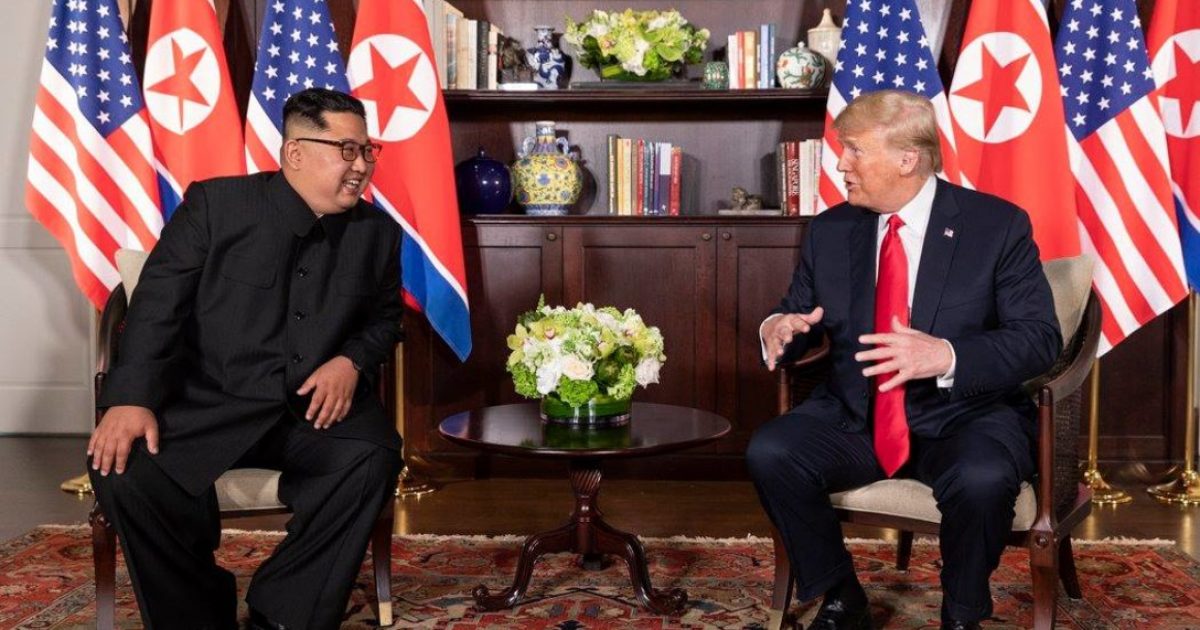
The political establishment is making it harder for President Trump to make further diplomatic in-roads with North Korea, as Republican and Democratic Senators are uniting to ban U.S. investment in the impoverished communist nation.
Sens. Chris Van Hollen (D-MD) and Patrick J. Toomey (R-PA) have devised an amendment for an annual defense bill that would sanction any individual who does business with North Korea by denying them access to the U.S. banking system. With the support of Armed Services Committee Chairman Sen. James M. Inhofe (R-OK), the measure is all but guaranteed to pass.
“My view is we should put absolutely maximum economic pressure on North Korea,” Toomey said to the Washington Post, noting that North Korea’s economy is growing and that must come to an end.
“That tells me their economy is not suffering enough… The more economic pressure Kim is under, the better chance he will decide his grip on power is better assured by giving up his nuclear weapons capability,” he added.
The Democrats, desperate to cripple Trump’s unprecedented diplomatic progress in North Korean, are happy to help war-mongering neocon Republicans do their bidding against the President.
“I think there’s a real sense now that the time has come to send a strong signal that we want to have serious negotiations [with North Korea] that produce real results,” Van Hollen said in an interview.
“If you’re doing business with North Korea in violation of the sanctions, you will not have access to U.S. markets… This is designed to plug all the holes in the current sanctions regime,” he added.
The Washington D.C. swamp hopes this will put Trump more at odds with North Korean President Kim Jong-un after their most recent round of discussions ended abruptly in February. A disagreement over economic sanctions was a primary reason that talks broke down.
Still, Trump – the master negotiator – has stayed friendly toward Kim and believes that he can maneuver around the establishment politicians in both parties to bring about peace and commerce in North Korea.
“He kept his word. There’s no nuclear testing. There’s no large, there’s no long-range missiles going up. The only things he’s set up were very short term, short range. That was just a test of short range. It’s a whole different deal, but he’s kept his word to me. That’s very important,” Trump said earlier in the month.
“My people think it could have been a violation,” Trump said in May. “I view it differently.”
Trump will ultimately have to work against his own administration, pretty much the entirety of Congress, and the powerful military-industrial complex to bring about diplomacy in North Korea. If he is successful, millions could be lifted out of crippling poverty, and Korea could be united for the first time in generations.



